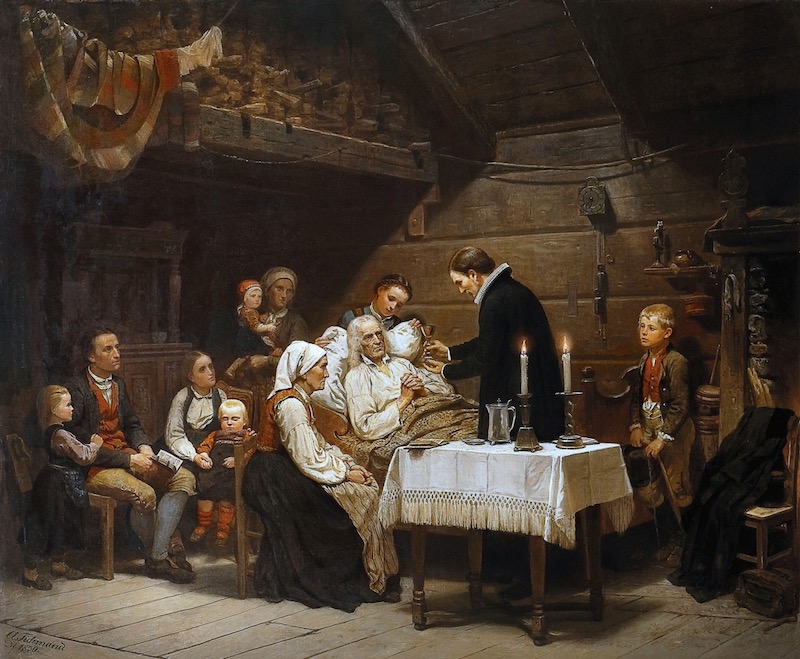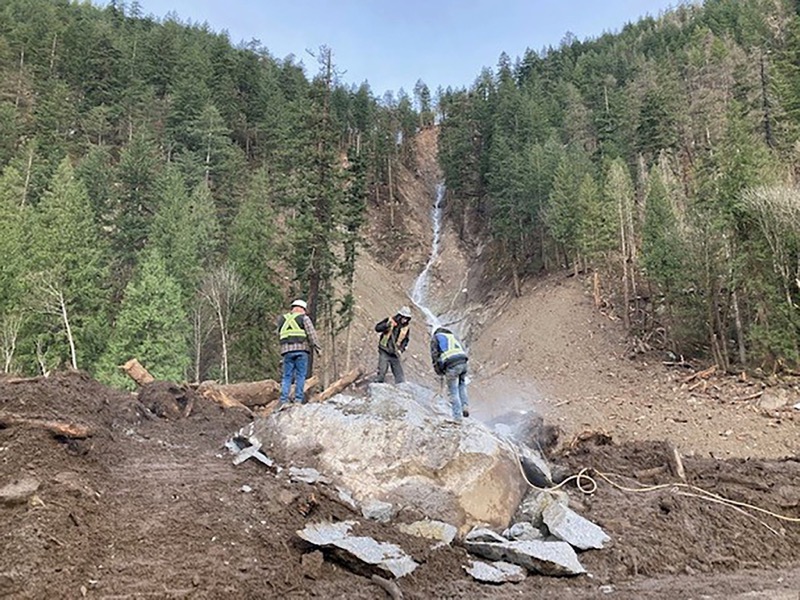Christians should do more than care about climate change. Christians have a responsibility to be stewards of the environment and not exploiters of it.
Climate change has been apparent for decades and the solutions for reducing the damage have been just as clear for just as long. So why is this huge issue one which the public and politicians have been so halfhearted about?
Up to three quarters of people in polls believe that the climate is changing as a result of human activities yet only about a third believe it’s one of the most important issues facing the country today.
Covid, health crises and the cost of living probably seem more urgent and immediate to people – and you can see why.
We are called to love our neighbour. And the Bible makes it clear that everyone is our neighbour, including folks we don’t like, folks we’ve never met and folks who aren’t yet born.
Catastrophic climate change hurts our neighbour and so this isn’t a plea to Christians to just get on board, it is a plea for us to take the lead.
I’ll let you into a secret. Politicians play to the headlines and to the public mood, so if the papers and the people are more interested in Strictly than they are in the planet, then environmental action will remain a second order issue to our leaders.
So how should Christians think about our responsibility here?
All have sinned and fall short – including in our mandate to care for creation. Christians agree that sin damages families, it damages society – so of course it should come as no surprise that it damages our environment and that there are miserable consequences for ourselves and our neighbours.
We won’t solve this if we act like pharisees, feeling terribly righteous about our reusable coffee cups and our incredibly worthy tweets, ticking off the impure and the unenlightened.
Such performative hectoring makes things even worse because it turns people off. Yet reusing and recycling, reducing those activities that see us emit more carbon, all help build a culture of care for our creation, but taking personal responsibility for our part may involve some sacrifice.
And it’s part of our care for the poor. Globally, poorer people are the ones who have their homes flooded out or consumed by drought, because of the exploitation of the world’s resources by the richest. Here at home, living sustainably can be expensive – electric cars and solar panels just aren’t affordable for millions of people. So to tackle this threat with love and justice, then those who have must share with the have nots.
Yet some Christians have taken a different view, they say God is sovereign – He is – that dramatic weather changes are things that Bible speaks of as expect in the last days – which is true, and so care for our climate is overstated. I don’t buy that last one!
A church in Glasgow made the headlines recently for displaying a sign (which was soon torn down by critics) saying: “The world’s most urgent need is churches preaching Christ Crucified, not climate change.”
A representative from the church explained on a radio station why they put up the banner: that people need to be clear that climate change is not the biggest issue we face when millions don’t know the hope of the Gospel.
Well, that could be said about any and every issue, large or small, public or private. Nothing is anywhere near as important as people hearing the gospel and responding to it.
But if people talking about climate change irritates you, then maybe you have been sucked into the culture war rather than a legitimate theological debate.
Because God created this planet, and promises to restore all creation, not just the souls of individuals. We should certainly not treat solving the climate crisis as a means to salvation, or an ultimate aim, but we remember that Jesus cared for people’s physical needs as well as their spiritual ones. And if millions are being driven from their homes and their land because of rising sea levels and parched soil, then looking the other way would be an outrage
I have recently been reading the book of Zephaniah. The message of this prophet is that judgement is coming and we can’t stop it. But we can escape the judgement through repentance. This includes physically doing something about our sin – changing the way we live, seeking to make amends as an ourtworking of our inner repentance.
I can’t comment on whether climate change is an act of judgement or an inevitable part of the end times… but I do know that it’s real and affects millions of our neighbours.
The Bible is full of acts of repentance, from King Josiah to Zaccheus the tax collector.
I’m reminded of 2 Chronicles 7:14, where God speaks to Solomon and promises that if there is a time of locusts or drought or plague, “if my people, who are called by my name, will humble themselves and pray and seek my face and turn from their wicked ways, then I will hear from heaven, and I will forgive their sin and will heal their land.”



 Loading ...
Loading ...
What do you think?
You can post as a subscriber user ...
User comments (0)